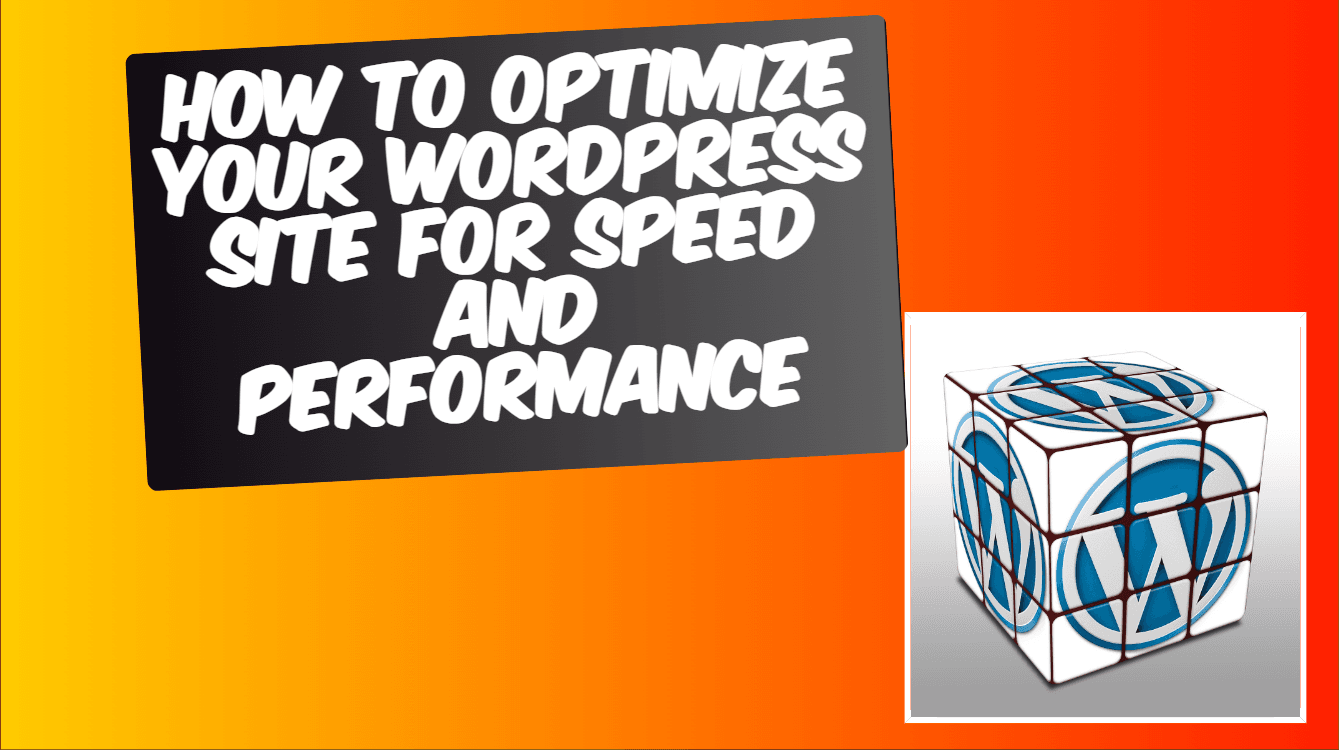In today’s fast-paced digital world, a slow website can mean the difference between retaining a visitor and losing them to a competitor. Speed is a crucial factor not only for user experience but also for search engine rankings. If you’re running a WordPress site, optimizing it for speed and performance should be a top priority. Here’s a comprehensive guide to help you boost your WordPress site’s speed and performance.
Contents
1. Choose a Reliable Hosting Provider
Your hosting provider plays a significant role in your site’s speed. A shared hosting plan might be cost-effective but often comes with slower speeds due to shared resources. Consider upgrading to a managed WordPress hosting plan or a dedicated server.
Recommendations:
- SiteGround: Known for its excellent customer service and performance.
- WP Engine: Offers managed hosting specifically for WordPress.
- Kinsta: Utilizes Google Cloud Platform for fast and reliable hosting.
2. Use a Lightweight Theme
The theme you choose can impact your site’s performance. Opt for a lightweight and well-coded theme that doesn’t bog down your site with unnecessary features and scripts.
Top Choices:
- Astra: A lightweight theme that’s highly customizable.
- GeneratePress: Known for its speed and simplicity.
- Neve: Optimized for speed with a mobile-first approach.
3. Install a Caching Plugin
Caching plugins create static versions of your pages, reducing the server load and improving loading times.
Popular Caching Plugins:
- WP Rocket: User-friendly and highly effective.
- W3 Total Cache: Offers extensive customization options.
- Cache Enabler: Lightweight and easy to set up.
4. Optimize Images
Large image files can slow down your site significantly. Use image optimization plugins to compress your images without losing quality.
Recommended Plugins:
- Smush: Compresses images and allows bulk optimization.
- ShortPixel: Offers both lossy and lossless compression.
- Imagify: Easy to use with various optimization levels.
5. Minimize HTTP Requests
Each element on a page, including images, scripts, and stylesheets, requires an HTTP request. Minimizing these requests can speed up your site.
Tips to Reduce HTTP Requests:
- Combine CSS and JavaScript files.
- Use CSS sprites for icons and small images.
- Limit the number of plugins and external scripts.
6. Enable GZIP Compression
GZIP compression reduces the size of files sent from your server to the visitor’s browser, speeding up the loading time.
How to Enable GZIP:
- Most caching plugins like WP Rocket and W3 Total Cache have built-in options to enable GZIP compression.
- Alternatively, you can add code to your .htaccess file to enable GZIP.
7. Implement a Content Delivery Network (CDN)
A CDN distributes your site’s static files across multiple servers worldwide, ensuring faster delivery to users regardless of their geographic location.
Popular CDN Services:
- Cloudflare: Offers a free plan with basic CDN services.
- MaxCDN: Known for its ease of use and performance.
- Amazon CloudFront: Scalable and reliable CDN service.
8. Optimize Your Database
Over time, your WordPress database can become cluttered with unnecessary data. Regularly optimizing your database can improve performance.
Tools for Database Optimization:
- WP-Optimize: Cleans up your database and offers optimization tools.
- Advanced Database Cleaner: Helps you remove unwanted data and optimize tables.
- WP Sweep: Deletes revisions, auto drafts, and other redundant data.
9. Reduce Server Response Time
Your server’s response time should be under 200ms according to Google. Reducing this time can be achieved by optimizing your database, using a CDN, and choosing a reliable hosting provider.
10. Monitor and Test Your Site’s Performance
Regularly monitoring your site’s performance can help you identify areas that need improvement.
Useful Tools:
- Google PageSpeed Insights: Provides suggestions to improve page speed.
- GTmetrix: Analyzes your site and offers detailed insights.
- Pingdom: Tests your site’s speed and provides actionable recommendations.
Conclusion
Optimizing your WordPress site for speed and performance is essential for providing a great user experience and improving your search engine rankings. By following the steps outlined in this guide, you can significantly enhance your site’s performance. Remember, optimization is an ongoing process, so continually monitor your site and make adjustments as needed. A fast, efficient website not only keeps your visitors happy but also gives you a competitive edge in the digital landscape.
Implement these strategies, and you’ll notice a substantial improvement in your WordPress site’s speed and performance. Keep your visitors engaged and satisfied with a smooth, fast-loading website!

